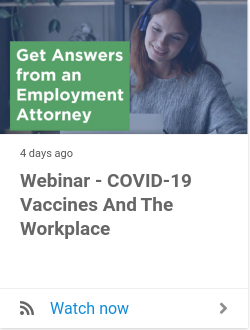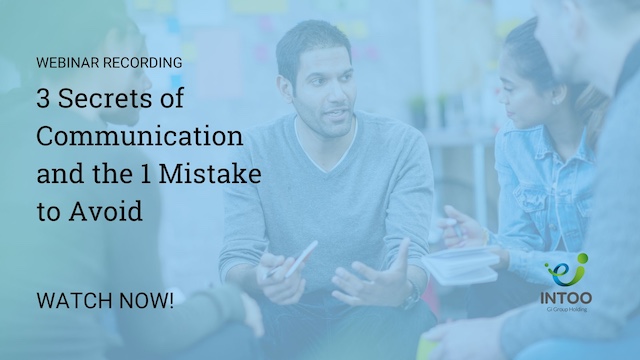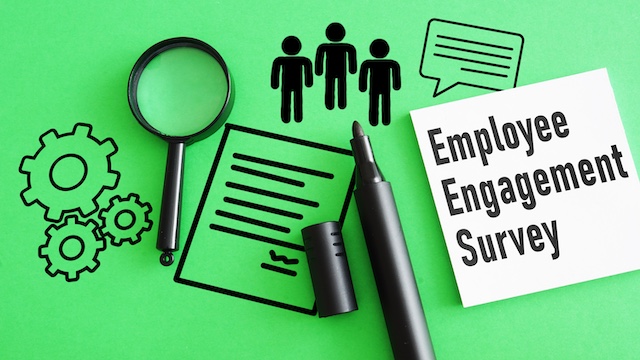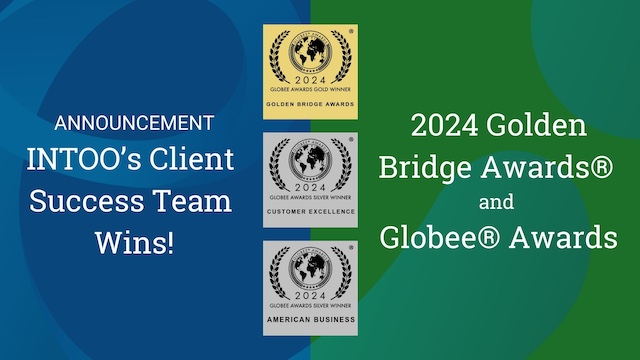Last week, Caroline Vernon, INTOO’s Career Transition Practice Leader, spoke with employment attorney Kate Bischoff to get answers to the many questions facing employers about COVID-19 vaccine policy.
This past year has brought many new challenges—from a move to remote work environments to mass layoffs and furloughs—to human resources professionals and employers everywhere. The constantly evolving work environment brings with it policy issues many are facing for the first time. Currently, considerations around a vaccine policy—and whether or not to implement one—are leading employer questions and concerns.
With many employers eager to return to work in some capacity, organizations may have to deal with further considerations as employees return to the workplace, with some specific to industry and role. Such concerns include resistance from those who refuse to get vaccinated, the impact of a vaccine mandate on company morale, legal liability resulting from adverse reactions to the vaccine, and several others, according to a study published by Littler.
Kate addressed the following questions:
Historically, have employers been able to mandate vaccinations or other medical requirements?
Are employers allowed to ask if a candidate is vaccinated as part of the job search?
Can employers discriminate based on a person’s vaccination status?
Is HIPAA relevant to a vaccine policy?
Can companies allow or require certain employees to return based on their vaccination status?
How might employers incorporate medical or religious exemptions for the vaccine into their policy?
In addition, Kate answered questions from the audience, which included employers from a large variety of industries, such as education, healthcare, manufacturing, real estate, financial services, technology, hospitality, and media.
Watch the full recording at the link below.
For further information about current COVID-19 and employment laws, see this page from the U.S. Equal Employment Opportunity Commission. Some additional information is also available from OSHA.
About Kate Bischoff
Kate is employment attorney and HR consultant at tHRive Law & Consulting LLC, where she advises employers on issues facing management. She previously served as a Human Resources Officer for the United States Department of State at the U.S. Embassy in Lusaka, Zambia and for the U.S. Consulate General Jerusalem. Kate is also an adjunct professor at Mitchell Hamline.INTOO has helped companies of all sizes and in all industries through workforce transitions resulting from the pandemic. Our outplacement program helps employees transition to new jobs through one-on-one, on-demand coaching from premier career counselors, resume reviews, and other career services. Learn more about how our solutions can benefit your company.
Robyn Kern is a seasoned business writer who has written in the HR, education, technology, and nonprofit spaces. She writes about topics including outplacement, layoffs, career development, internal mobility, candidate experience, succession planning, talent acquisition, and more, with the goal of surfacing workforce trends and educating the HR community on these key topics. Her work has been featured on hrforhr.org and trainingindustry.com.












